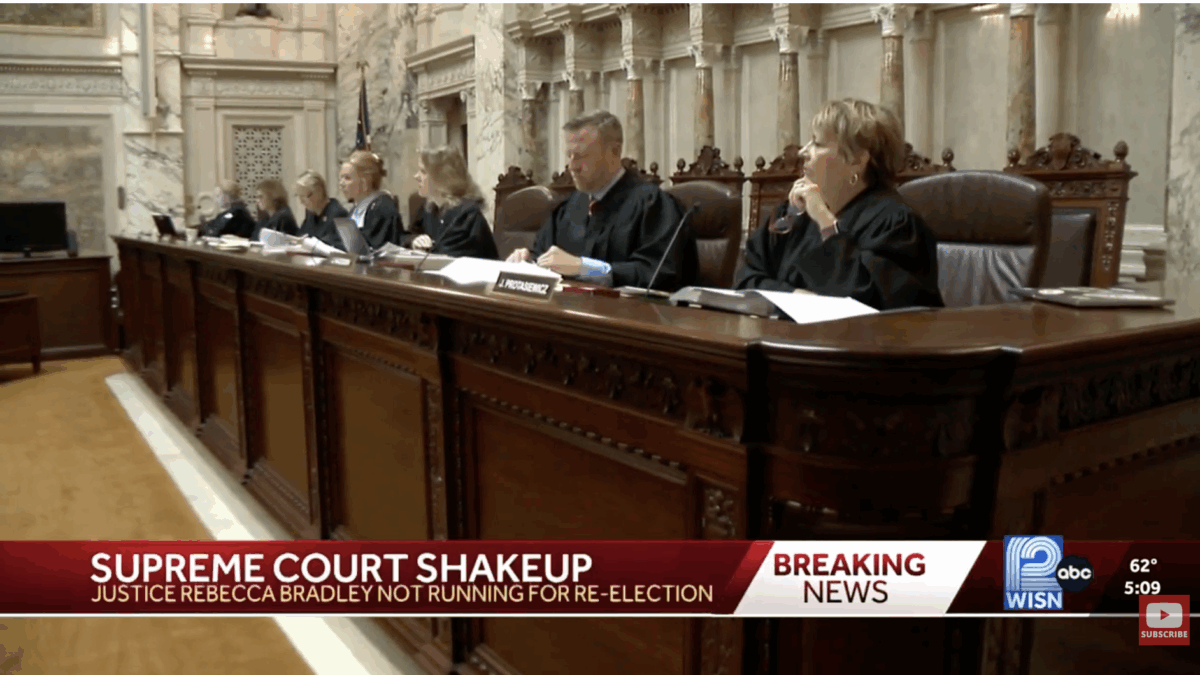
It is time to move on.
Donald Trump’s utility for conservatives is expiring along with his presidency. The Senate runoffs are done, the stunts objecting to the electoral results have come to nothing, and it is time for those who supported the soon-to-be former-President Trump for reasons of policy, not personality, to bid him farewell.
For those whose support for Trump was transactional, this is an easy decision, like replacing a broken tool. We got on the Trump train at different times and for different reasons — judges, tax cuts, a chance to shake up the Republican Party, the Democrats being awful — but it’s time to exit.
He was a means to an end, and we do not need to stick with him when he can no longer serve our ends. Those who wanted Trump to, say, appoint Federalist Society judges and disrupt Zombie Reaganism should take our wins and cash out.
A prudential deal to support Trump in exchange for results is not an oath to be Forever Trump. Indeed, wanting Trump to remain the face of the Republican franchise, or perhaps to pass the mantle down to his children is an awful idea.
Although Trump helped clear the way for the future of the GOP as a party more focused on working families, he was often more talk (or tweet) than action — let alone results. His personality was so toxic that a record number of voters came out against him. Thus, Trump will soon be one more former politician scrambling to retain his political influence.
Republican candidates may still want Trump’s endorsement and fundraising help, but he will have nothing to offer to voters. His devoted fans may pine for him to run again in 2024, but Republicans should look for someone better.
That we can do better is presumed in the justification frequently offered for supporting Trump, which is that he was the lesser evil. Now that it is no longer a choice between Trump and the Democrats, an array of options has opened up and we should look them over with a fine-toothed comb. To be sure, we can move beyond Trump without returning to the decadent status quo he disrupted.
Trump’s flaws are still there, but the favors he can offer us are gone unless he wins another election. Furthermore, Trump’s flaws were often politically self-sabotaging, making the odds of him ever winning again slim.
Consider Trump’s behavior since the election. He claims that he lost due to massive election fraud but his lawyers have not substantiated his claims in court (even in front of judges that he selected), and his ideas for challenging the results were increasingly unconstitutional.
His threats to campaign against Georgia Republicans he deemed insufficiently supportive of these schemes — during runoff elections to determine control of the Senate! — reveal Trump to be a malicious man who puts his wounded ego before the good of the party he leads.
In politics, winning can cover a multitude of sins, but Trump is not a winner anymore, in part because his response to his own loss led to more Republicans losing. Trump’s egotistical insistence that Georgia was rigged against him may well have been what cost Republicans the Senate. It is no surprise that Republican turnout was down, especially in the most Trump-friendly areas: why should voters bother to turn out for another rigged election?
Trump ended his time in office by betraying his own voters and by selling them conspiracies about how their votes had not been counted in the last race, which presumably means they would not be counted in the next one. Ultimately, his ego and lack of discipline were crucial in giving Democrats unified control of the elected branches.
It will be a hard two years of legislative defeats, and a bad four years of executive orders, all of which will rachet up the culture war battles ever further. Nonetheless, conservatives should not despair. The margins the Democrats have to deal with are slim, which will exacerbate their own internal tensions. Republicans can win the next elections if they can unite, but Trump is not the leader for that task.
Although the policy concerns of dedicated Trump voters should be addressed, it would be folly for the party to remain in thrall to a defeated politician who unites and motivates Democrats while alienating enough Republicans to lose.
They may not like it, but the populist and establishment wings of the GOP need each other to win. They must work together as a coalition, rather than trying to raze each other to the ground — both Trump’s most ardent GOP fans and foes share a penchant for threatening to burn the party down if they don’t get their way. Trump’s propensity for assailing Republicans who displease him adds fuel to this fire, especially given his mercurial and sometimes impossible demands.
Trump is too unstable to build and sustain a winning Republican coalition. If the GOP is going to become a viable populist party, it needs someone more competent and moral than Trump to lead it. He is going out as a conspiracy-theorist loser who stoked riots attacking the capitol. This should be the end of Trump; the auditions to replace him begin now.









